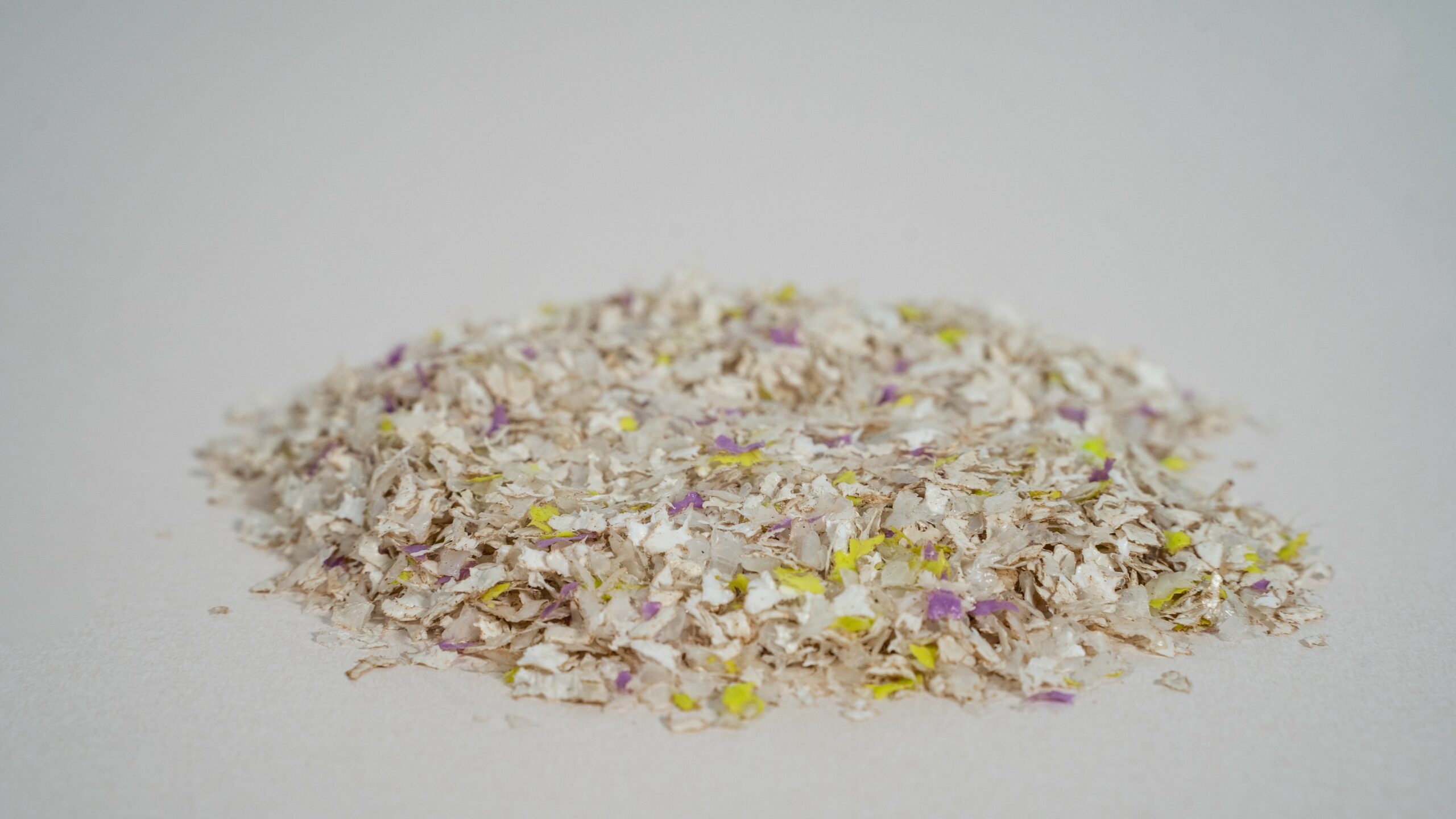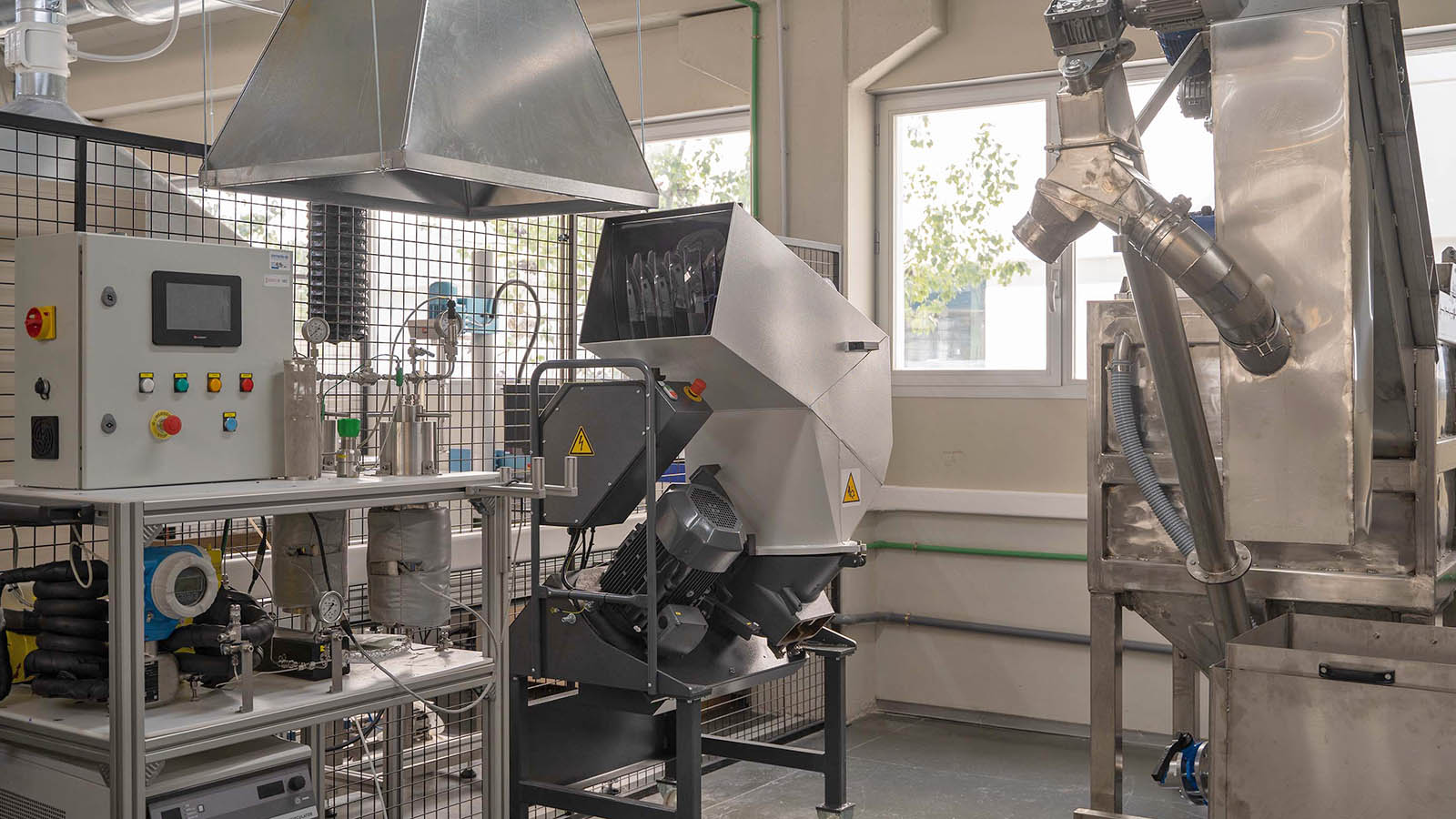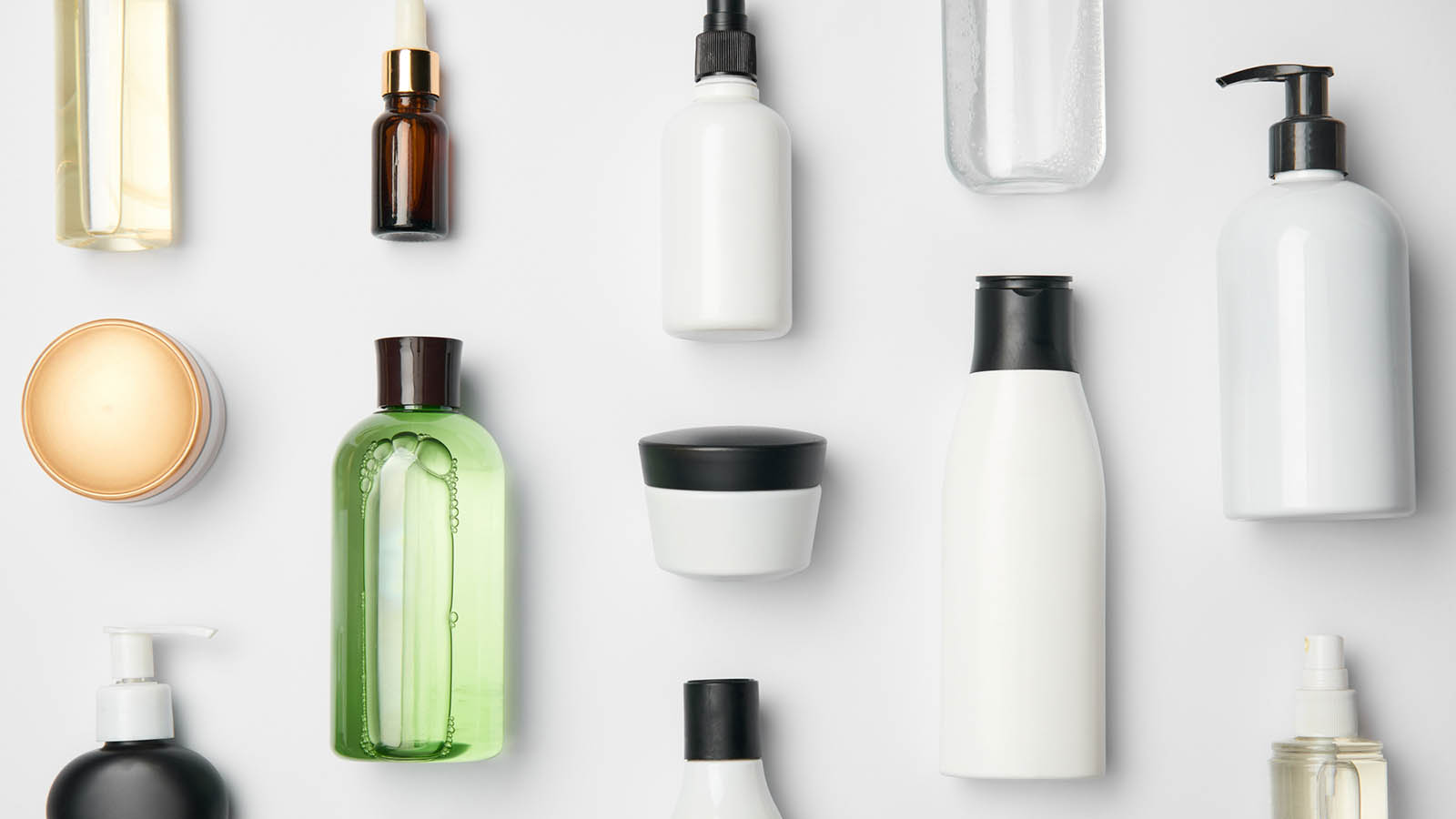ITENE develops advanced polyolefin conditioning and decontamination processes for detergent and cosmetics packaging production
- It will develop a process for the conditioning and decontamination of highly contaminated waste, which will be validated at both pilot and industrial scale in the RECIPOL project, funded by IVACE.

The ITENE research centre is developing advanced conditioning and decontamination processes of polyolefin waste for the production of detergent and cosmetic packaging with improved properties.
ITENE carries out this research in the framework of the ReciPOL project, financed by the Instituto Valenciano de Competitividad Empresarial (IVACE) with Feder funds and running from June 2023 to June 2024. The aim is to achieve the decontamination of polyolefin packaging waste that is currently destined to landfill, incineration or recycling for lower quality requirements to boost its use in higher value applications.
The head of the project at ITENE, Félix González, explains that “the recycling of polyolefins in high-value applications is more complex than that of other types of plastics, given that they have a polymer structure that is more complicated to decontaminate”. “Although there are currently technologies developed at industrial level for waste pre-treatment processes, in most cases, their decontamination capacity is limited,” the researcher says.
For this reason, he points out that the ReciPOL project “will work on pre-treatment and decontamination processes that allow the transformation of recycled materials into high-value products that can be used in packaging in sectors such as cosmetics and detergents”.
To this end, an analysis of post-consumer polyolefin contaminants will be carried out and a controlled contamination “Challenge test” methodology will be optimised to verify the effectiveness of the processes developed in the project.
Pretreatment and decontamination processes for polyolefins
Once the controlled contamination processes are optimised, pre-treatment processes for post-consumer polyolefins will be defined and improved in order to eliminate the physical and chemical contamination of the waste to be recovered. With the pre-treated waste, decontamination routes will be developed, validated and optimised. This waste will be real samples from waste management companies and recyclers collaborating in the project.
The defined and optimised decontamination route will be designed and a complete pilot decontamination plant will be built. Furthermore, the decontamination processes of post-consumer waste will be validated and optimised on an industrial scale with the project’s partner companies.
Finally, the decontaminated flakes will be processed in order to improve the extraction of any remaining contaminants and the necessary modifications will be made to the extrusion process. Optimal additivation ranges will also be determined to improve the processability and final properties of the decontaminated materials.
As a result, different packaging will be obtained with the decontaminated polyolefins. The expected final prototypes will be two types of processed packaging, through extrusion blow moulding a bottle and through flat sheet extrusion a tray, for the packaging of detergent and cosmetic products. In addition, these prototypes will be developed in industrial environments thanks to the collaboration of packaging transformation companies.
In this way, the aim is to respond to the need for a greater quantity and quality of recycled material in the packaging sector in order to comply with Spanish Royal Decree on Packaging and Packaging Waste, which establishes that packaging recycling rates must be increased to 65% by 2025 (50% for plastic) and 70% by 2030 (55% for plastic). In addition, the entry into force of the so-called “plastic tax” included in the Law on Waste and Contaminated Land for a Circular Economy, which charges 0.45 euros/kilogramme for non-recycled plastic content in non-reusable packaging in order to boost the consumption of recycled plastics, means an increase in demand for recovered material. In addition, the project is aligned with compliance with Regulation 1616/2022 on recycled food contact material, as a starting point for the development of new decontamination technologies.

